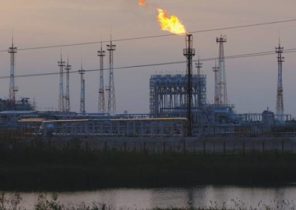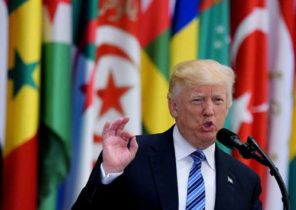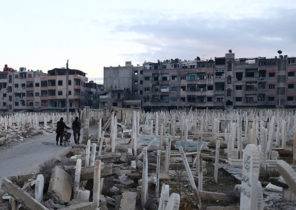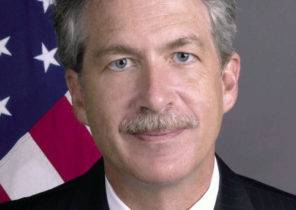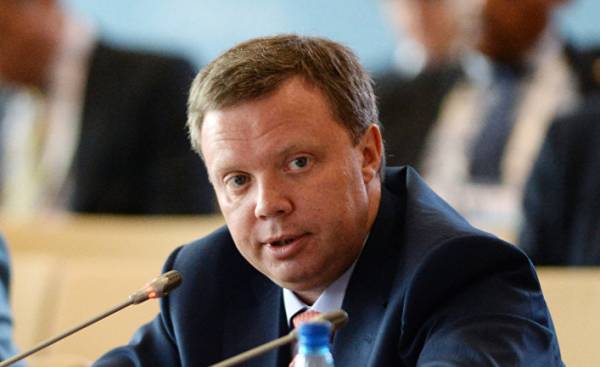
For most companies, the problems at the three or four largest competitors would be cause for joy and celebration. But the Russian group Rosatom recent setbacks rivals such as Westinghouse, Areva and Kepco, has caused not celebration, but concern.
Their hardships become a symptom of serious threats from renewable and other energy sources, said Deputy Director General of Rosatom Kirill Komarov. But this sprawling state Corporation is hatching ambitious plans for growth.
“This is bad not only for them, it’s bad for the entire industry — says Komarov. — Now the main competition is not between the suppliers of equipment for nuclear power plants. We compete with coal, gas, renewable… trying to find and offer sound economic solutions.”
The cost of nuclear technologies of new generation is increasing, and orders are getting smaller, due in part to increased competition from renewable and other alternative energy sources. All this increases the burden on the industry.
Japan’s Toshiba went out of international projects after writing off assets in the amount of $ 6.3 billion in its unit Westinghouse. The French Areva is mired in debt and implementing a major process of restructuring, received from state funds on the change in the capital structure. And the new President of South Korea promised to abandon nuclear energy, which was a powerful blow for the state company Kepco.
“The main problem of the whole nuclear industry is a lack of trust, says Komarov. — When we see examples of how someone fails with one project or another, it’s bad for everyone…. Therefore, we cannot say that we are happy troubles Areva and Westinghouse”.
Rosatom is an industrial conglomerate operating in the field of nuclear energy. Many analysts continue to believe that given his ambitions, he benefited from the crisis. The company is implementing 42 projects on construction of nuclear power plants in 12 countries, including the EU member States of Finland and Hungary. Over the past decade, she has commissioned 10 nuclear power plants, and over the next 10 years, the portfolio of orders it is $ 133 billion, not including internal contracts. Partly because of this, the International energy Agency in its forecast suggests that the total capacity of nuclear power in the world by 2060 will triple.
Rosatom is often compared to a government Department. In Moscow, the company has so much influence that you can bet is that oil and gas giants Rosneft and Gazprom. Rosatom stresses that he eschews politics, but his influence in the industry helps the Kremlin. A project to build four reactors in Turkey for a total amount of 22 billion dollars was stopped in December 2015, when the Turkish air force shot down a Russian warplane. But when the relationship in 2016 again, the project was resumed. Last week Rosatom signed a preliminary agreement to sell 49% of NPP under construction for Turkish investors.
Rosatom is also building power plants in Belarus, India, Iran, China and Bangladesh, and is working on eight projects in Russia. Signed agreements for the construction of nuclear power plants in Egypt, Nigeria, Jordan and Armenia.
The growing influence of Rosatom in some places is alarming. The company is a shareholder (34%), creditor and supplier of nuclear fuel to the Finnish nuclear power plant Hanhikivi, and in 2014 led to the resignation of the government of Finland, when the Green party in the country, in protest, withdrew from the ruling coalition.
The EU took three years for approval of the project of construction of NPP “Paks-2” in Hungary, which is carried out and financed by Rosatom. Brussels fears that Russia will strengthen its influence on the Eastern flank of the European Union.
“Rosatom is definitely seeking to pursue an expansionist policy… but some countries and companies in the EU is concerned that this Corporation controls the Kremlin. There is absolutely no transparency,” said Dr Paul Dorfman (Paul Dorfman) from the Energy Institute (Energy Institute) at the University College London.
“The company looks promising… but it may well be that no large-scale nuclear Renaissance, it will not.”
Given the problems Western competitors and new solutions Seoul, some industry analysts say that the challenge can only Rosatom state nuclear power company of China.
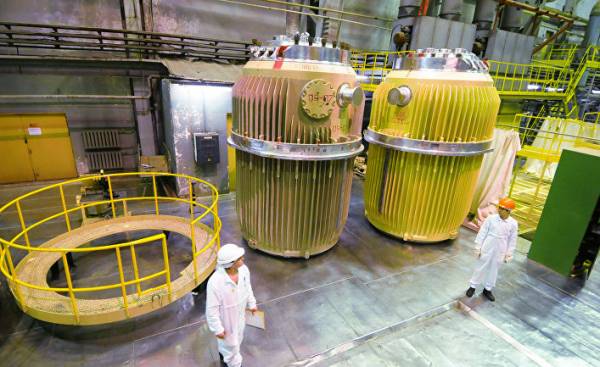 © RIA Novosti, Aleksandr Kondratyuk | go to fotobanka Production Association “Mayak”
© RIA Novosti, Aleksandr Kondratyuk | go to fotobanka Production Association “Mayak”
“There are opportunities, and there will be more, if the decision of the Korean government to prevent international ambitions Kepco — the Chairman of the industry lobbying organization New Nuclear Watch Europe Tim Yeo (Tim Yeo). — If this happens, the market will widely open its doors for Rosatom and the Chinese will dominate on a global scale.”
Rosatom is already using the available benefits. Last year the company signed the first contract for the supply of fuel for nuclear power plants, which is building its Western competitor in Sweden. Komarov said that the same deal is available in the United States.
Rosatom is targeting with their new projects in South America and Africa, and recently signed a “broad agreement to start talks” with Saudi Arabia.
But the major change in the strategy of Rosatom was his recent decision about investing in wind power. The company retool some of their production capacity for the production of wind turbines. She said that the experience of building nuclear power plants is helping her engage in the manufacture and installation of wind turbines. Currently, the project of construction of wind power plant with a capacity of one gigawatt.
“We do not invest in McDonald’s because we know nothing about the burgers — says Komarov. But we can use its industrial capacity and market knowledge for entry into a new segment of energy”.
Russia recently announced that it will subsidize the creation of domestic equipment for renewable energy sources.
“All the nuclear power companies are starting to realize how serious the threat of competition from the rapidly falling renewable sources, says Yeo. — The decision of Rosatom to engage in such renewable sources are not late, and the company could get another serious advantage, because those who invest now, and reduce the costs”.
But the Mosquito is not a preacher of renewable energy sources. He says that to generate this amount of energy, which makes nuclear power plants with a capacity of 1 200 megawatts and an area of one square kilometer, you will need a wind Park the size of Andorra and a solar panel the size of Copenhagen. He adds that the solution to the problem in combinations.
“If we seriously got ready for a green future for the world, then the place will suffice all”, — said Komarov.


